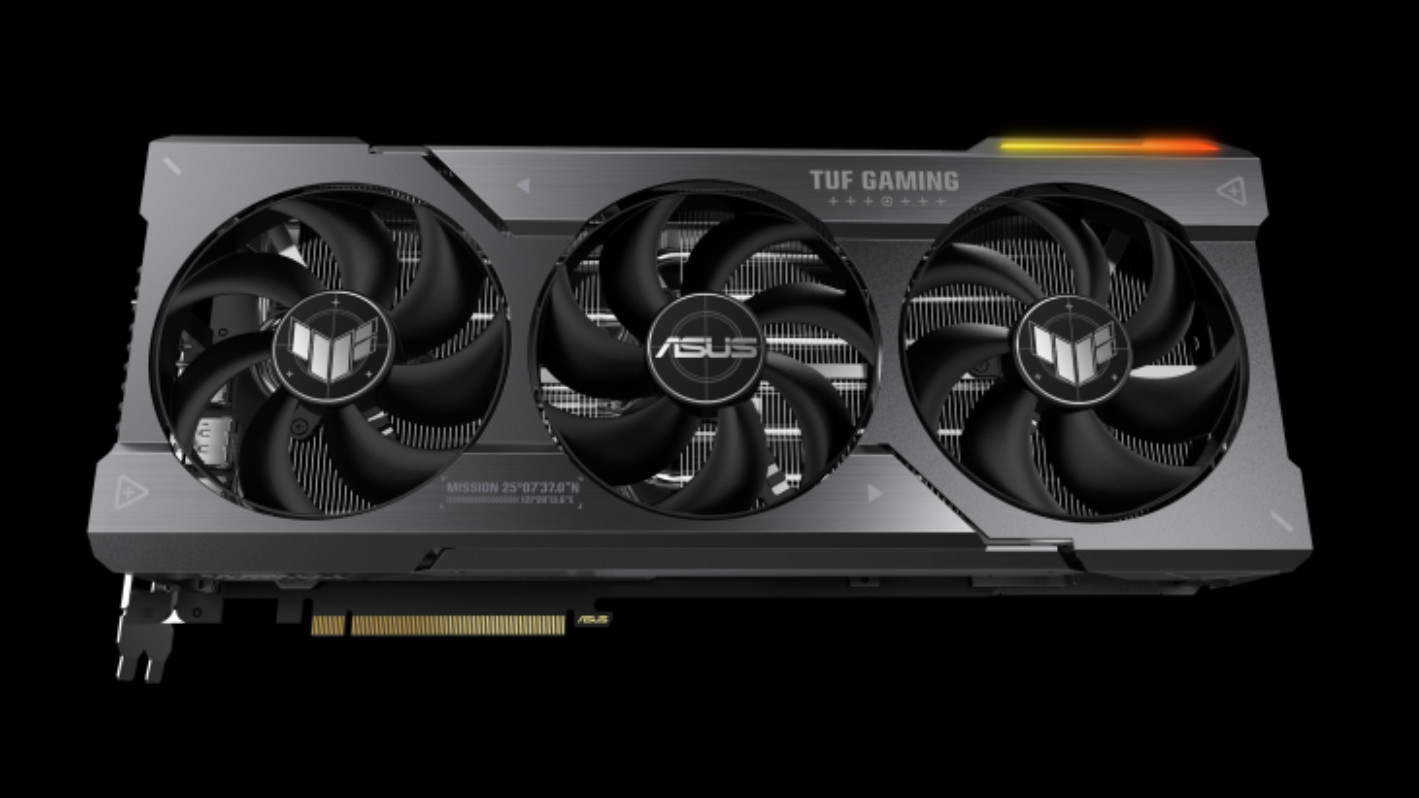Asus has provided official power supply requirements for those buying a new RTX 4080 or 4090 graphics card from the company, and also the necessary wattages for those looking at purchasing an RX 7900 XT or 7900 XTX when those RDNA 3 cards emerge in December.
Bear in mind that the stipulated PSUs for these graphics cards do depend on what CPU you’re running them with, as these days, some processors can demand a whole lot of juice from the power supply too – so whatever combo you have in your PC, you must bear that in mind.
As @momomo_us reports on Twitter (via VideoCardz (opens in new tab)), Asus recommends that the RTX 4090 has at least an 850W power supply if running an Intel Core i5 or Ryzen 5 CPU. For those using a Core i7 or Core i9 chip, or Ryzen 7 or 9, that recommendation is pushed up to 1000W. For Intel HEDT (high-end desktop) or Threadripper CPUs, the PSU should be 1200W, no less.
For the RTX 4080, the base recommendation is 750W and that holds for Core i5 and i7 models, or Ryzen 5 or 7. For a Core i9 or Ryzen 9, it’s cranked up to 850W, and 1000W for Threadripper or Intel HEDT.
What about those recommendations for AMD’s incoming RDNA 3 graphics cards? Those wanting to grab an RX 7900 XT are looking at the exact same deal as the RTX 4080 – 750W for the Core i5 or i7 CPUs (and Ryzen 5 or 7), then stepping up to 850W for a Core i9 or Ryzen 9, and 1000W for an HEDT model.
For the RX 7900 XTX, you’re looking at 850W for a Core i5 or i7 (and Ryzen 5 or 7), and 1000W for when paired with a Core i9 or Ryzen 9 CPU. For an HEDT chip, the requirement is a lofty 1,200W, just as with the RTX 4090.
Analysis: Compare and contrast with AMD’s current-gen
It’s interesting to see some official figures from a graphics card maker for RDNA 3 products, although there are no real surprises here. The RX 7900 XT and 7900 XTX in particular were never going to be anything less than pretty demanding on the PC’s power supply, but the AMD flagship does push things to the same kind of level as the RTX 4090 – with the notable exception of an easier time for those running Core i7 or Ryzen 7 CPUs (probably quite a few users, as not everyone feels the need to push to Core i9 or Ryzen 9).
What’s perhaps more instructive is to compare the incoming AMD graphics cards to their predecessor models, and it’s here we see that the RX 7900 XT actually notches things down from the 6900 XT. At least for Core i7/Ryzen 7 and Core i9/Ryzen 9 processors, where the 7900 XT demands 100W less and 150W less respectively; that’s quite impressive in comparison. (In fact, the 7900 XT has the same requirements as the 6800 XT, believe it or not).
There isn’t a direct comparison for the 7900 XTX, but it does keep things the same as the 6950 XT (all but in HEDT turf where the new graphics card does require considerably more, 200W to be precise – but those are more niche cases).
Overall, then, this is decent news for those looking at a new AMD RDNA 3 GPU down the line, especially given Nvidia’s current troubles with melting cables and the RTX 4090 (with question marks over whether this problem will affect the RTX 4080, too).





